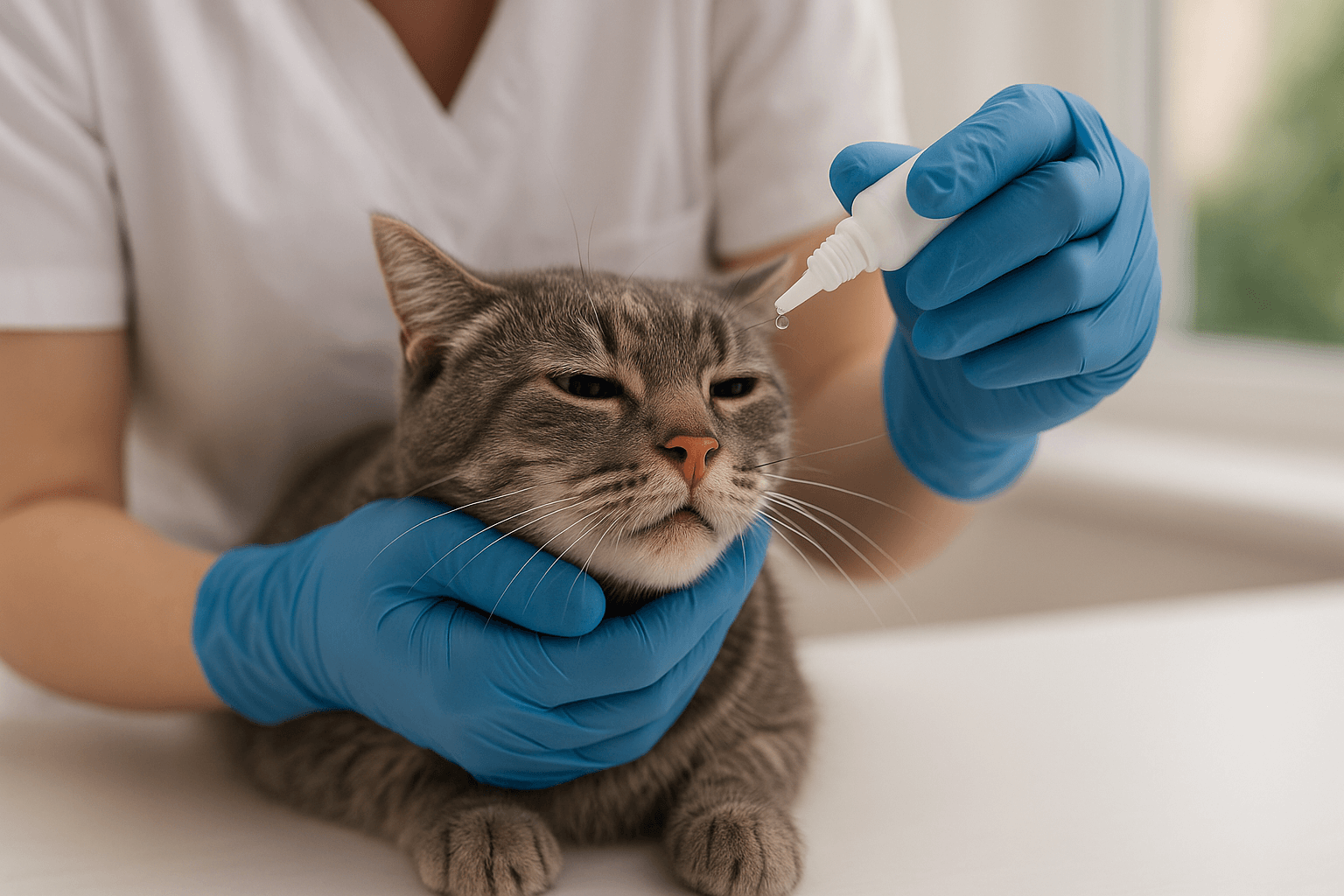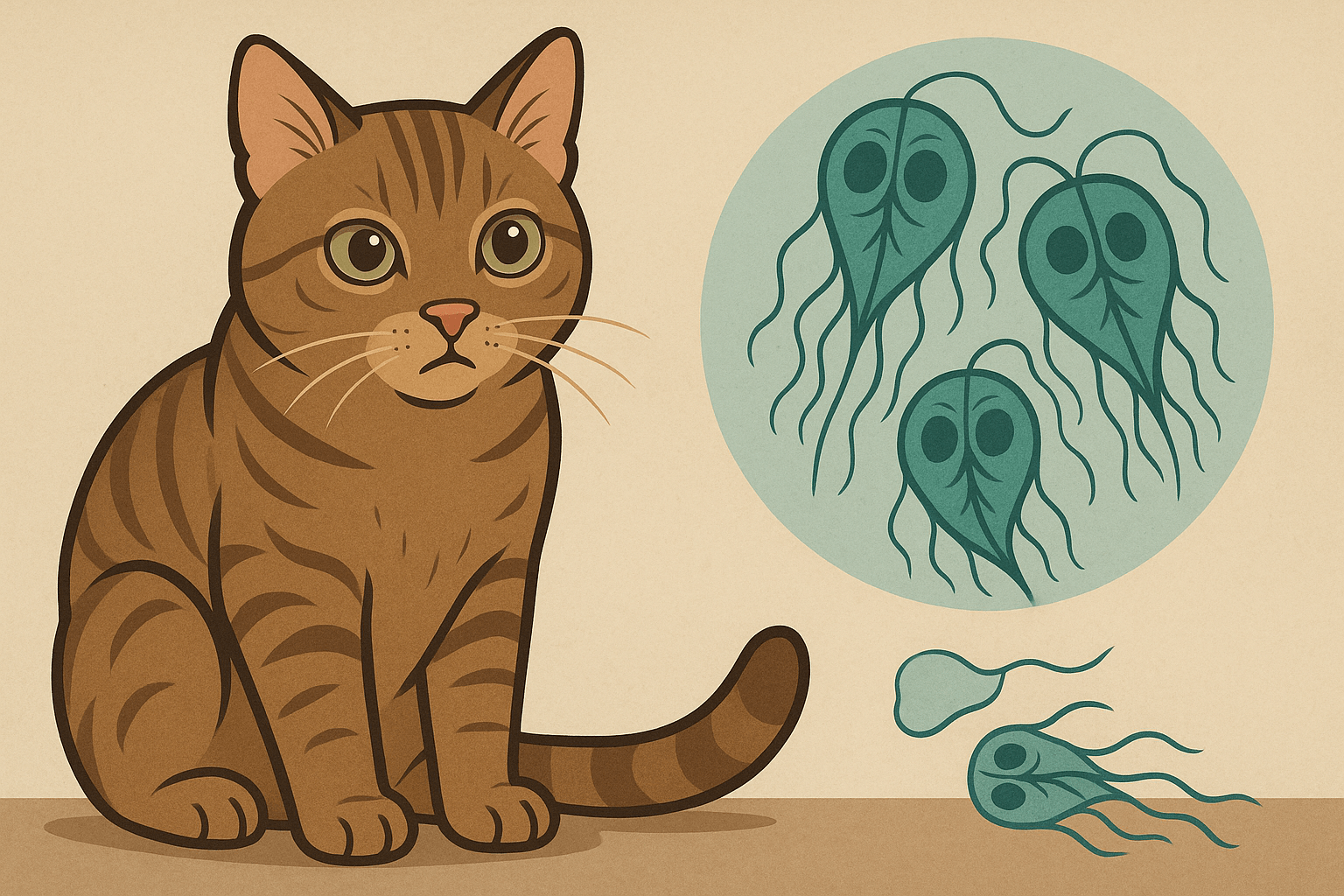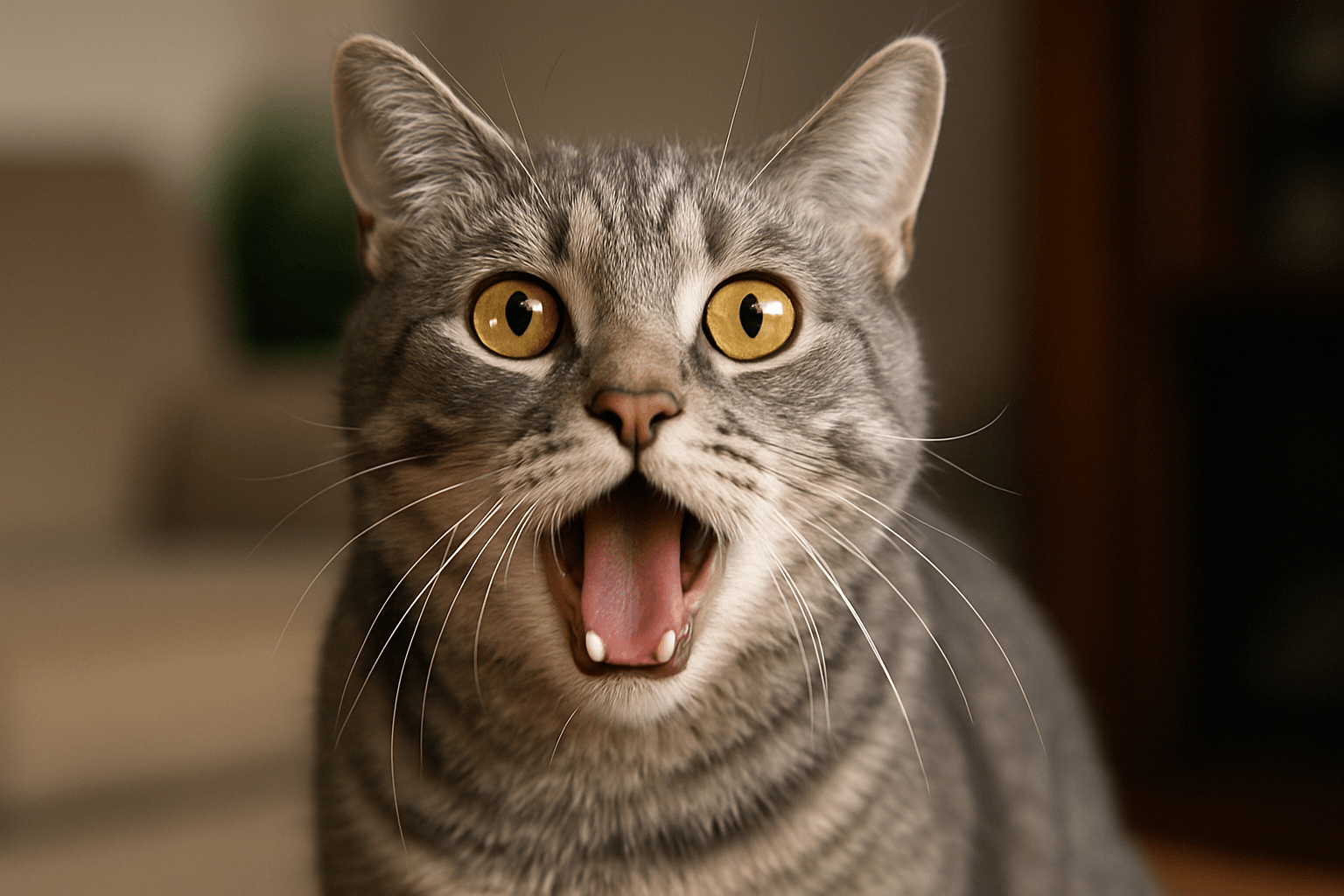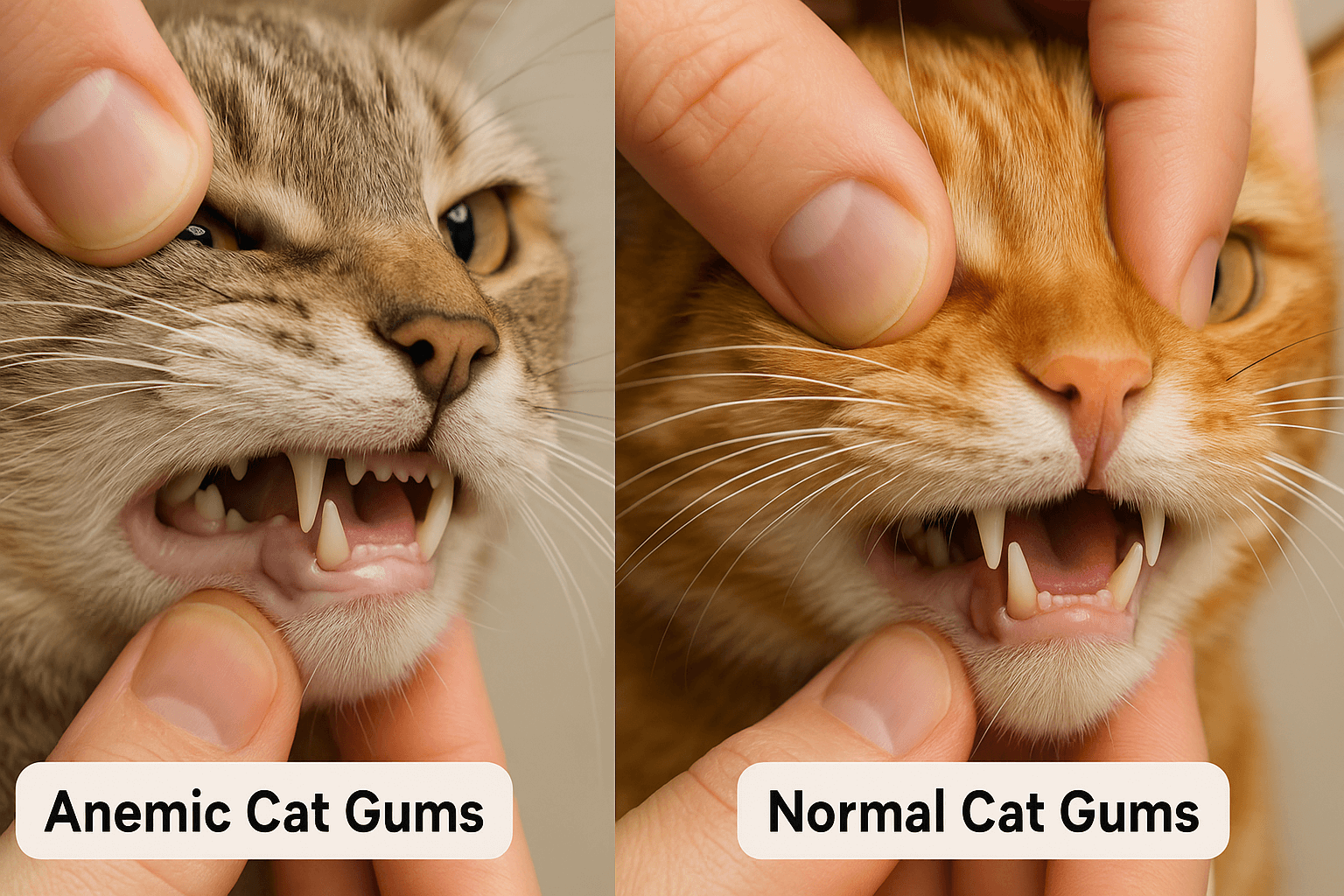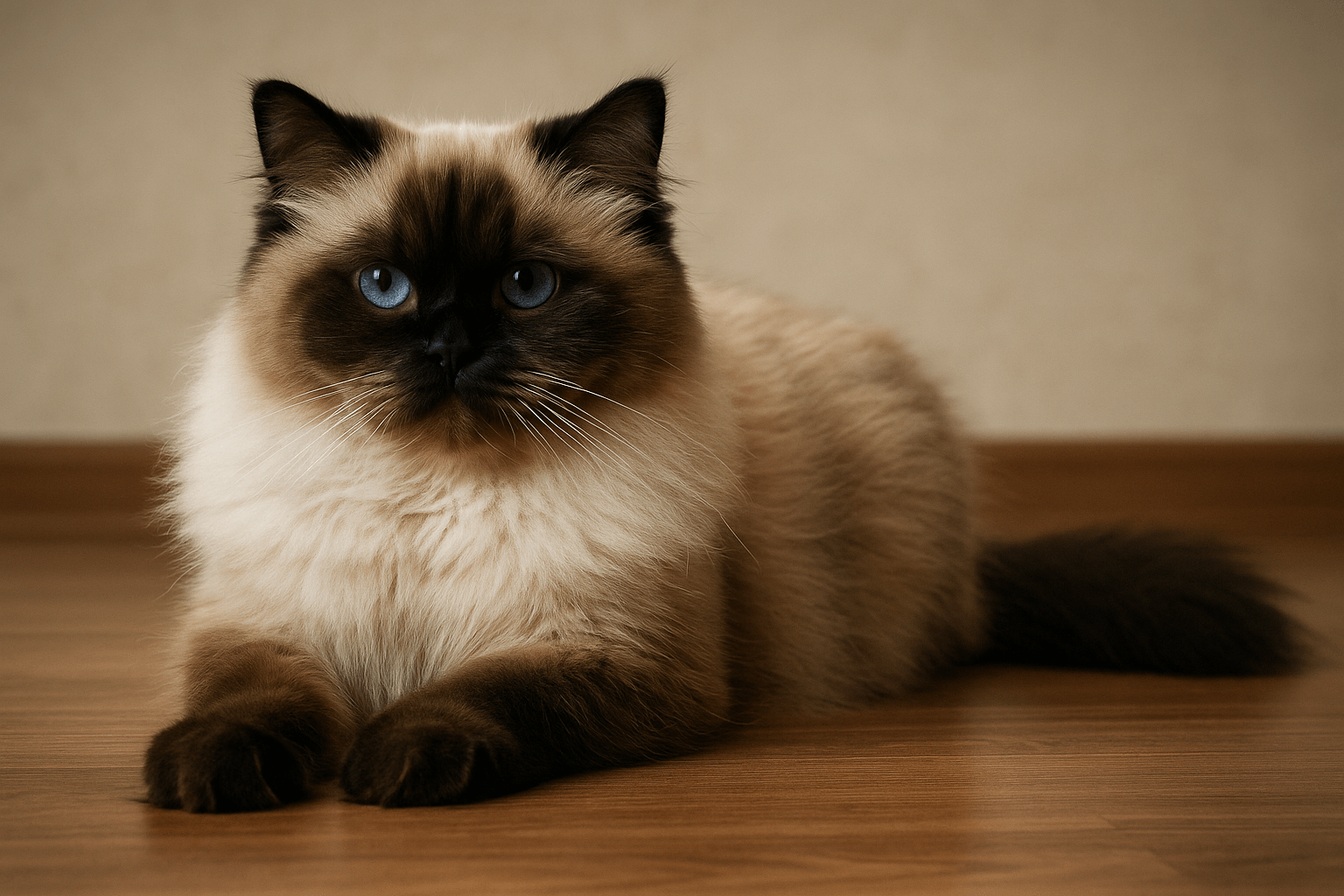Cat Runny Nose Treatment: What You Need to Know
A runny nose in cats may seem like a minor issue, but it can sometimes indicate underlying health concerns that require prompt attention. While occasional sneezing or nasal discharge may not be cause for alarm, persistent symptoms could signal an infection, allergies, or other conditions. Understanding the potential causes and treatment options is essential for ensuring your feline friend stays healthy and comfortable. In this guide, we’ll explore everything from home remedies to professional care, helping you address your cat’s runny nose effectively and compassionately.
Common Causes of a Cat’s Runny Nose
A cat’s runny nose can stem from various factors, ranging from mild irritants to more serious health issues. Identifying the root cause is the first step toward effective treatment.
Viral Infections:
Feline herpesvirus and calicivirus are common culprits behind upper respiratory infections, often accompanied by sneezing and nasal discharge.Bacterial Infections:
Bacterial infections can develop secondary to viral illnesses, leading to thicker, yellowish, or greenish nasal discharge.Allergies:
Cats can suffer from environmental allergies, such as pollen, dust, or household chemicals, which may trigger nasal symptoms.Foreign Objects:
Small objects like grass seeds or dirt lodged in the nasal passages can cause irritation and a runny nose.Dental Issues:
Dental infections or abscesses can sometimes lead to nasal discharge due to the proximity of the teeth to the sinuses.
Understanding these potential causes helps you determine whether home care is sufficient or if veterinary intervention is necessary.
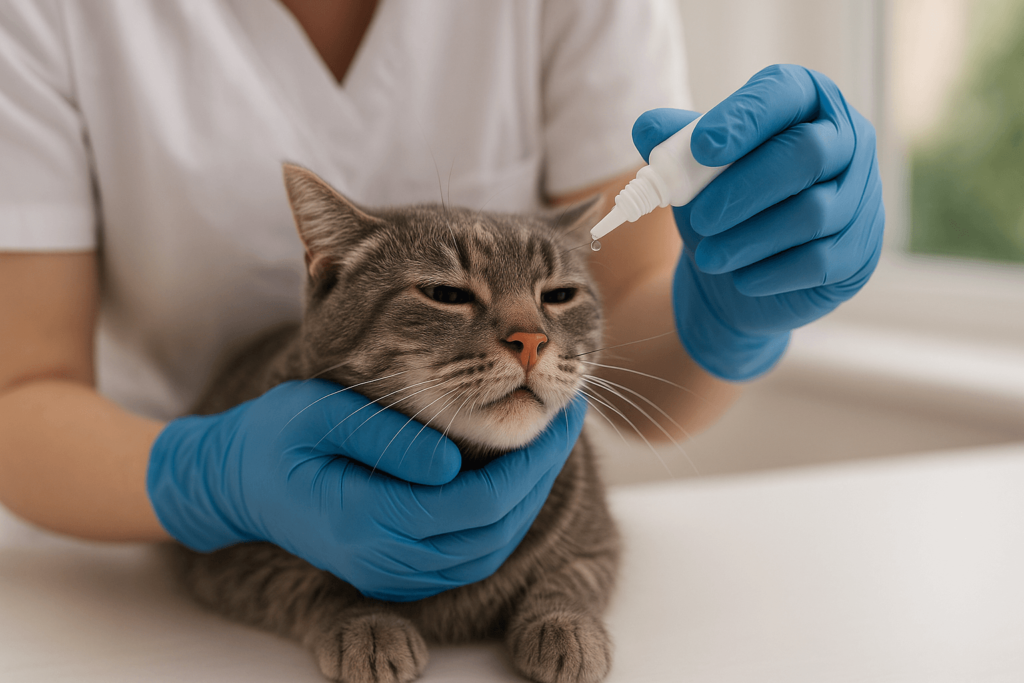
Home Remedies for Managing a Cat’s Runny Nose
For mild cases of nasal discharge, there are several safe and effective home remedies you can try to ease your cat’s discomfort.
Keep Your Cat Hydrated:
Ensure fresh water is always available to help thin mucus and keep nasal passages clear.Use a Humidifier:
Adding moisture to the air can soothe irritated nasal tissues and reduce congestion.Clean Discharge Gently:
Use a damp, warm cloth to wipe away excess discharge from your cat’s nose and eyes.Provide Warm Compresses:
Applying a warm compress to your cat’s nose can relieve discomfort and encourage drainage.Offer Nutritious Food:
Strong-smelling foods like wet cat food or chicken broth can entice a cat with a reduced appetite.
These simple measures can provide relief and support your cat’s recovery, but monitor their condition closely for signs of worsening symptoms.
Check this guide 👉Understanding Cat Nose Cancer: Best 7 Expert Tips!
Check this guide 👉Understanding Cat Nose Fungus: Best 7 Health Tips!
Check this guide 👉Understanding Cat Nose Scabs: Best 7 Health Tips!
Signs Your Cat Needs Veterinary Care | When Home Care May Be Sufficient |
|---|---|
Persistent nasal discharge (over 48 hours) | Occasional sneezing without other symptoms |
Thick, discolored mucus | Clear, watery discharge only |
Loss of appetite or lethargy | Normal energy levels and eating habits |
Difficulty breathing | No signs of respiratory distress |
Fever or unusual behavior | Mild symptoms improving over time |
Veterinary Treatments for a Cat’s Runny Nose
If home remedies don’t resolve your cat’s symptoms, or if they worsen, it’s crucial to consult a veterinarian. Professional treatments may include the following options:
Antibiotics:
If a bacterial infection is present, antibiotics may be prescribed to clear the infection.Antiviral Medications:
For viral infections like feline herpesvirus, antiviral medications can help manage symptoms and speed recovery.Nasal Decongestants:
In some cases, veterinarians may recommend medications to reduce nasal congestion.Steroids for Allergies:
If allergies are causing the runny nose, corticosteroids may be used to reduce inflammation.Surgical Intervention:
Rarely, foreign objects or severe dental issues may require surgical removal or treatment.
Veterinary care ensures your cat receives targeted treatment tailored to their specific condition.
Preventive Measures to Avoid Future Issues
Preventing a runny nose in cats involves proactive steps to minimize exposure to irritants and maintain overall health.
Vaccinate Regularly:
Keep your cat up-to-date on vaccinations to protect against common viral infections.Maintain Cleanliness:
Regularly clean your home to reduce allergens like dust, mold, and pet dander.Avoid Smoke Exposure:
Keep your cat away from cigarette smoke or strong chemical fumes, which can irritate their respiratory system.Provide a Balanced Diet:
A nutritious diet supports a strong immune system, reducing susceptibility to infections.Schedule Routine Vet Checkups:
Regular veterinary visits help catch potential health issues early before they escalate.
By taking these preventive measures, you can significantly reduce the risk of your cat developing a runny nose.
Signs Your Cat’s Runny Nose Is Improving
Monitoring your cat’s progress is essential to determine whether their condition is resolving or requires further attention. Here are signs that indicate improvement:
Reduced Nasal Discharge:
The amount of discharge decreases, and its color becomes clearer rather than yellow or green.Increased Energy Levels:
Your cat begins showing interest in play, exploration, or interaction again.Improved Appetite:
A return to normal eating habits suggests your cat feels better overall.Less Frequent Sneezing:
Sneezing episodes become less frequent and less intense.No Labored Breathing:
Your cat breathes easily without wheezing, coughing, or gasping for air.
These positive changes signal that your efforts are working, but continue monitoring for any setbacks.
Foods That Help Boost Your Cat’s Immune System
Nutrition plays a key role in supporting your cat’s immune system, especially during illness. Incorporating these foods can aid recovery:
High-Quality Protein:
Lean meats like chicken or turkey provide essential amino acids for tissue repair and immune function.Omega-3 Fatty Acids:
Found in fish oil or salmon, omega-3s have anti-inflammatory properties that benefit respiratory health.Probiotics:
Probiotic supplements or yogurt (plain, unsweetened) promote gut health, which is linked to immunity.Hydration-Packed Foods:
Wet cat food or bone broth keeps your cat hydrated while delivering nutrients.Antioxidant-Rich Ingredients:
Blueberries or pumpkin puree contain antioxidants that support overall wellness.
A balanced diet rich in these components can help strengthen your cat’s defenses against infections.
How to Comfort a Cat With a Runny Nose
Cats with a runny nose may feel uncomfortable or stressed, so providing comfort is crucial for their well-being. Here’s how you can help:
Create a Cozy Space:
Set up a quiet, warm area where your cat can rest undisturbed.Minimize Environmental Stressors:
Reduce noise, bright lights, or sudden changes in routine to help your cat relax.Offer Gentle Affection:
Pet or stroke your cat softly to reassure them without overwhelming them.Monitor Temperature:
Ensure the room temperature is comfortable, as cats with respiratory issues may struggle with extreme heat or cold.Engage in Calm Play:
Use gentle toys to encourage light activity, which can boost mood and circulation.
By focusing on your cat’s emotional and physical needs, you can make their recovery process smoother and more enjoyable.
Frequently Asked Questions About Cat Runny Nose Treatment
When should I take my cat to the vet for a runny nose?
If the nasal discharge persists for more than 48 hours, is discolored, or is accompanied by lethargy or loss of appetite, seek veterinary care.
Can I use human cold medicine for my cat?
No, human medications can be toxic to cats. Always consult a vet before administering any treatment.
How long does a viral infection last in cats?
Viral infections typically last 7-10 days, but symptoms may persist longer in severe cases or immunocompromised cats.
Is sneezing normal for cats?
Occasional sneezing is normal, but frequent sneezing with nasal discharge warrants investigation.
Can stress cause a runny nose in cats?
Stress can weaken a cat’s immune system, making them more prone to infections that may lead to nasal symptoms.
Supporting Your Cat Through a Runny Nose Episode
A cat’s runny nose may range from a harmless annoyance to a sign of something more serious. By recognizing the symptoms, understanding potential causes, and knowing when to intervene, you can ensure your feline companion receives the care they need. Whether through home remedies, preventive measures, or professional treatment, your attentiveness plays a vital role in their recovery. Remember, your cat relies on you to advocate for their well-being—so stay observant, patient, and compassionate throughout their healing journey.
Giardia in Cats: Best 7 Expert Tips! Discover expert advice on identifying, treating, and preventing giardia in cats to ensure your feline stays happy and healthy.
Cat Hyperventilating: Best 7 Expert Tips! Discover signs, causes, and solutions for cat hyperventilation. Learn how to calm your cat and when to seek veterinary care for their breathing issues.
Anemic Cat Gums vs Normal: Best 7 Expert Tips! Learn to spot signs of anemia in cats, understand gum health, and ensure your feline stays happy and healthy with expert advice.
Himalayan Cat Size: Best 7 Expert Tips! Discover expert advice on Himalayan cat size, growth factors, care tips, and how to ensure your feline stays healthy and happy.

